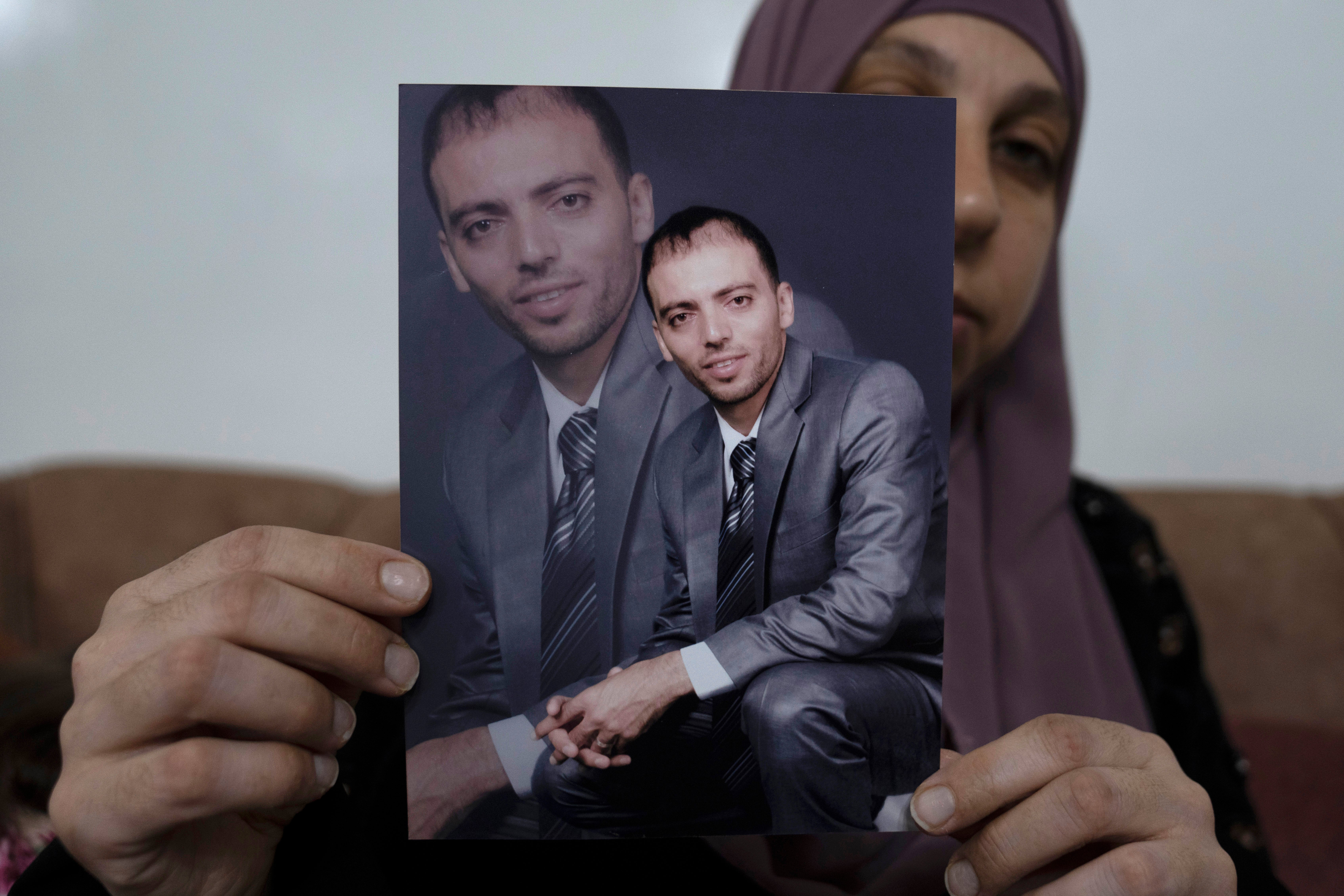Israel court rejects call to free Palestinian hunger striker
Israel’s Supreme Court has rejected an appeal to release a Palestinian detainee who has been on a hunger strike for several months to protest his detention without charge

Your support helps us to tell the story
From reproductive rights to climate change to Big Tech, The Independent is on the ground when the story is developing. Whether it's investigating the financials of Elon Musk's pro-Trump PAC or producing our latest documentary, 'The A Word', which shines a light on the American women fighting for reproductive rights, we know how important it is to parse out the facts from the messaging.
At such a critical moment in US history, we need reporters on the ground. Your donation allows us to keep sending journalists to speak to both sides of the story.
The Independent is trusted by Americans across the entire political spectrum. And unlike many other quality news outlets, we choose not to lock Americans out of our reporting and analysis with paywalls. We believe quality journalism should be available to everyone, paid for by those who can afford it.
Your support makes all the difference.Israel's Supreme Court has rejected an appeal to release a Palestinian detainee who has been on a hunger strike for several months to protest his detention without charge.
Khalil Awawdeh, 40, is protesting being jailed without charge or trial under what Israel refers to as administrative detention. His family says he has been on a hunger strike for 170 days, subsisting only on water. A photo of Awawdeh taken by his lawyer on Saturday shows him appearing frail and lying in a hospital bed.
The court on Sunday rejected an appeal by the lawyer, Ahlam Haddad, calling for Awawdeh’s immediate release due to his failing medical condition.
The Israeli military arrested Awawdeh in December 2021, claiming he was an operative for the Palestinian Islamic Jihad militant group — an allegation that his lawyer has dismissed.
Awawdeh is one of several Palestinian prisoners who have gone on prolonged hunger strikes over the past years to protest Israel's policy of administrative detention.
Israel says the policy helps keep dangerous militants off the streets and allows the government to hold suspects without divulging sensitive intelligence. Critics say it denies prisoners due process and is aimed at quashing opposition to Israel's 55-year occupation of territories the Palestinians seek for a future state.
Israel is currently holding some 4,400 Palestinian prisoners, including militants who have carried out deadly attacks, as well as people arrested at protests or for throwing stones. Around 670 Palestinians are currently being held in administrative detention, a number that jumped in March as Israel began near-nightly arrest raids in the occupied West Bank following a spate of deadly attacks against Israelis.
Awawdeh’s family says he has not eaten food since March, when he began his hunger strike. Last week, Haddad said her client's condition was deteriorating and filed the petition to the country's Supreme Court after an Israeli military court rejected a request for his release.
In light of Awawdeh's condition, the Israeli military has suspended his administrative detention while he is hospitalized, allowing family to visit him.
The court said in its ruling on Sunday that after examining the classified security information about Awawdeh, there was “solid and strong justification for the decision of administrative detention" and said it hoped that the suspension of the detention would “motivate him to accept the decision to end the hunger strike.”